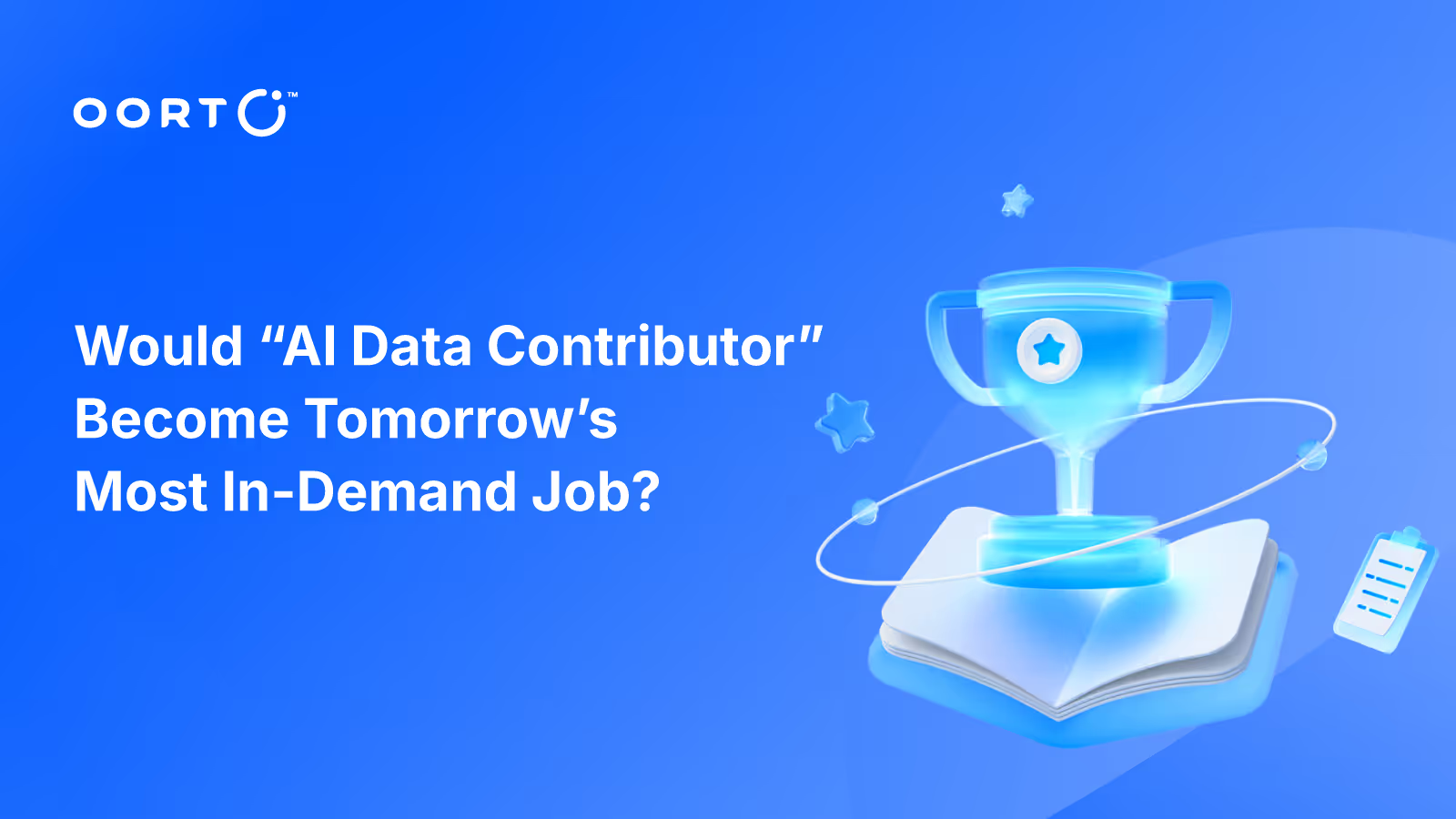Everyone is (over)using AI now.
From students prompting ChatGPT to finish their homework, to startups racing to launch the next viral AI agent, and enterprise teams replacing slide decks with AI-generated reports — we’re living in an era where artificial intelligence isn’t just a tool, it’s a habit. A reflex. A lifestyle.
The Age of Overuse: Where AI Shows Up Now
AI is no longer confined to niche applications. It’s everywhere — and in some cases, maybe a bit too everywhere. Here are just a few ways AI is embedded in our daily routines:
- Students & Educators: AI writes essays, grades papers, and creates lesson plans. Sometimes before teachers even wake up.
- Startups & Creators: AI builds websites, codes prototypes, generates pitch decks, even records synthetic investor videos.
- Enterprises & Teams: HR departments use AI to screen résumés. Marketing teams use AI to write copy and run A/B tests. Sales reps let AI summarize calls, suggest follow-ups, and fill in CRM fields.
- Consumers & Casual Users: AI recommends your music, drafts your emails, edits your vacation photos, and picks your outfits. Soon it’ll order your groceries and negotiate your rent.
In this world, the average person might interact with AI more times a day than they do with real people.
An Intertwined Future of Human and AI
So, what does the future hold?
If the current trajectory continues, AI won’t just assist — it will anticipate. Rather than asking AI for help, it will preemptively offer suggestions, shape decisions, and blur the line between your own voice and its synthetic echo.
But here’s the twist: in a future saturated with AI usage, the real question becomes — who’s feeding the AI?
Behind every smart assistant, there’s a need for even smarter data. AI doesn’t think for itself; it learns from us. And as we build more models, we’ll need more diverse, real-world, permissioned, and labeled data than ever before.
This sets the stage for a new kind of labor market.
Tomorrow’s Most In-Demand Job?
Forget coding. In the coming years, one of the most valuable jobs might be: data contributor.
Think about it. Every AI model — from autonomous driving to virtual therapists — needs real-life datapoints. Not scraped junk from the web, but consented, curated, and contextualized inputs from real humans.
Imagine jobs like:
- Driving instructors teaching AIs how to handle edge-case traffic scenarios
- Local storytellers feeding AI cultural nuance and dialect
- Health data volunteers contributing anonymized sensor data to train diagnostic models
- Creative testers who prompt and correct AI in specific fields, from fashion to finance
These roles won’t just be niche. As AI becomes infrastructure — powering cities, hospitals, vehicles, and digital spaces — the people who teach AI will be as critical as the engineers who build it.
And unlike traditional data work, which often exploited labor behind the scenes, this new wave could be different. With the right tools — especially decentralized platforms — data contributors could be paid transparently and fairly, owning the value they generate.
The next big revolution may not be who uses AI best, but who trains it with the most meaningful, real-world, and diverse data. And that job might just belong to you.
OORT DataHub: Globally Trusted Data, Powered by Blockchain
OORT DataHub is a decentralized platform built for this exact future — where real people contribute meaningful data to help train decentralized AI models.
Unlike Web2 platforms that rely on centralized scraping or exploitative labeling farms, OORT makes it possible to:
- Incentivize users directly through small, cross-border payments due to the power of blockchain payments — something traditional systems are unable to do
- Source truly global and diverse datapoints, thanks to blockchain’s inherent decentralized network structure
- Enable transparency, privacy, and control for contributors — no more feeding the black box for free
Join now to:
- Contribute meaningful data during your free time
- Earn rewards
- Help build a truly global and decentralized AI.








